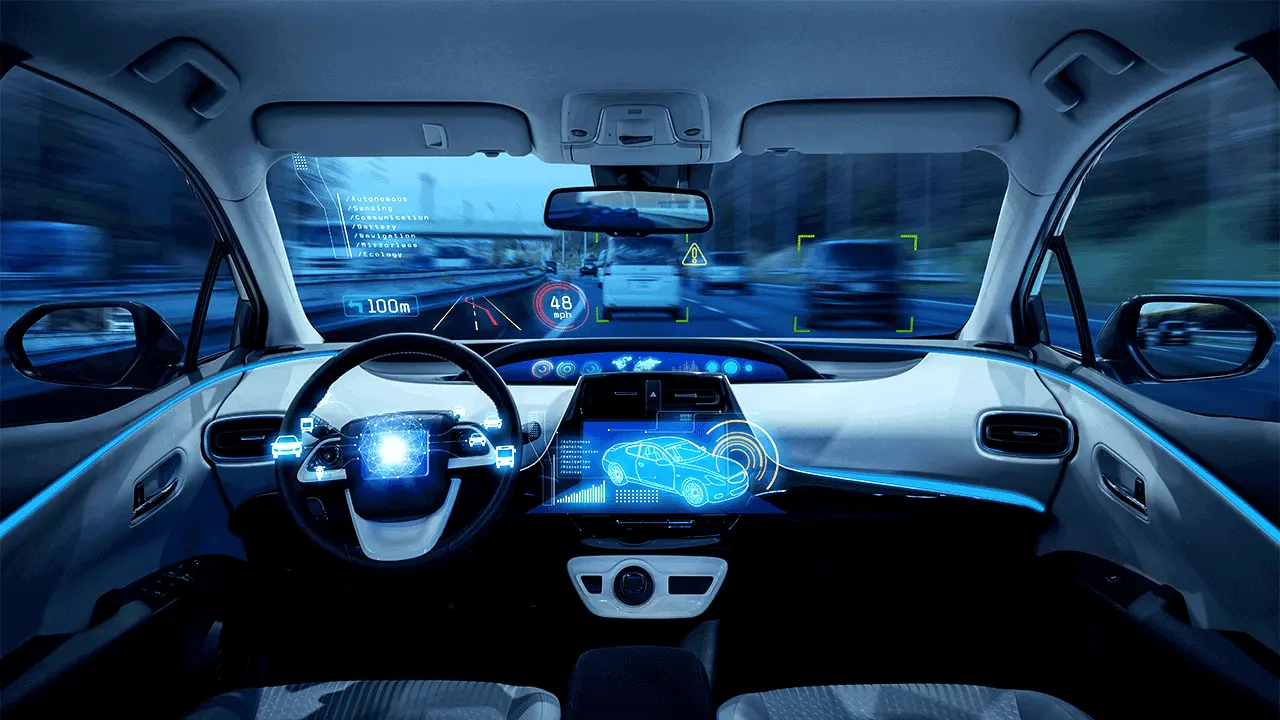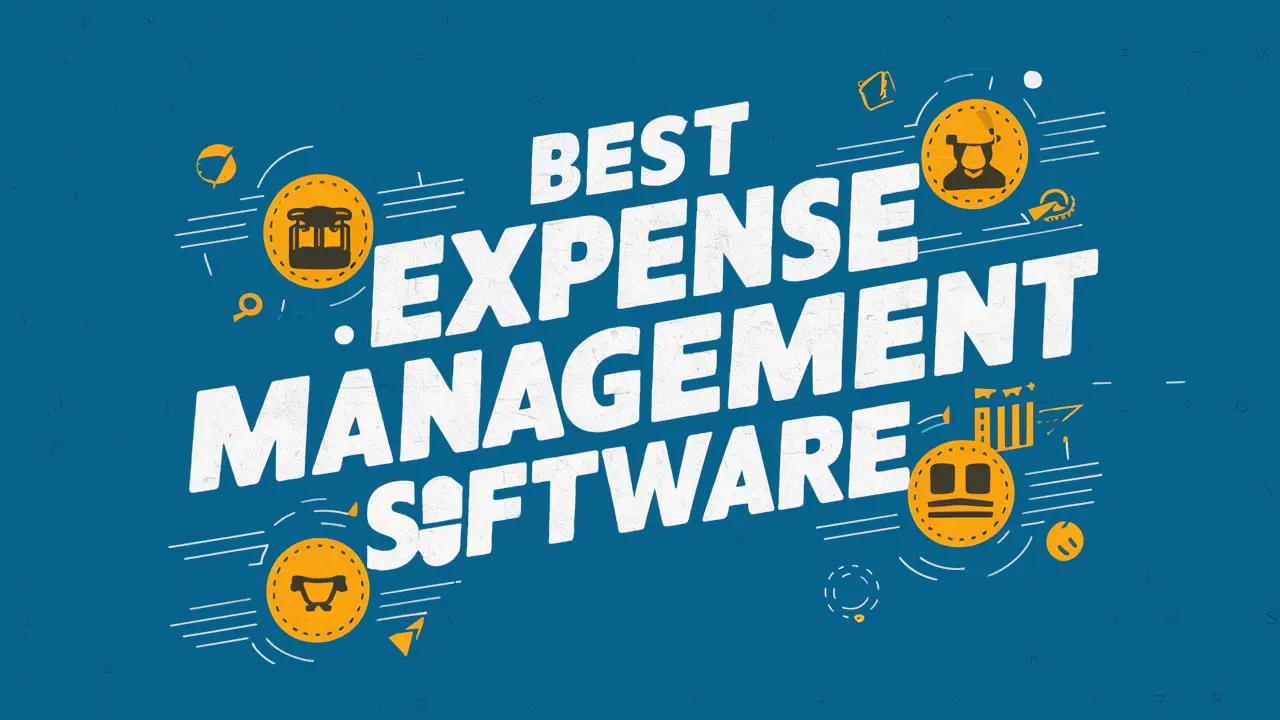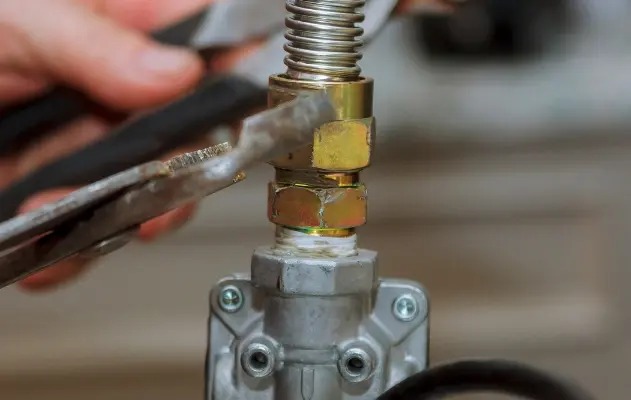
Introduction to Autonomous Vehicles
The world of autonomous vehicles is rapidly evolving, with numerous companies making significant strides towards fully self-driving cars. As we look ahead to 2025, several key players are poised to release groundbreaking technologies that will reshape the automotive landscape. In this article, we will explore the top autonomous vehicles to watch in 2025, highlighting their features, potential impacts, and what makes them stand out in the crowded field of self-driving technology.
1. Waymo's Next Generation Vehicle
Waymo, a subsidiary of Alphabet Inc., has been a pioneer in autonomous driving technology. By 2025, Waymo plans to introduce its next-generation autonomous vehicle equipped with advanced sensors and AI systems. This vehicle is expected to significantly improve safety and efficiency on the roads.
Features include:
- Improved lidar technology for better obstacle detection
- Enhanced machine learning algorithms for navigating complex environments
- Integration with smart city infrastructure to optimize traffic flow
2. Tesla's Full Self-Driving (FSD) System
Tesla has been at the forefront of the autonomous vehicle revolution with its Full Self-Driving (FSD) system. By 2025, Tesla aims to have fully operational self-driving capabilities in its vehicles, allowing for a completely hands-free driving experience.
Key features include:
- Continuous over-the-air updates to improve performance
- Advanced computer vision technology for real-time decision-making
- Integration with Tesla’s existing fleet for data sharing and learning
3. Cruise Origin
General Motors' subsidiary, Cruise, is set to launch the Cruise Origin, a fully autonomous vehicle designed for ride-sharing services. Expected to hit the market in 2025, the Cruise Origin will prioritize passenger comfort and safety.
Notable characteristics include:
- Electric-powered design with zero emissions
- Spacious interior to accommodate multiple passengers
- Advanced safety features, including redundant systems to ensure reliability
4. Aurora's Autonomous Trucking Solutions
Aurora, a leader in autonomous technology, is focusing on the trucking industry with its self-driving truck solutions. By 2025, Aurora aims to have its autonomous trucks operational, addressing the growing demand for efficient logistics.
Highlights of Aurora's offering include:
- High precision mapping for long-haul routes
- Integration with existing logistics networks for seamless operations
- Advanced safety protocols to protect both drivers and the public
5. Ford's Electric Autonomous Vehicles
Ford is investing heavily in electric and autonomous vehicles, targeting 2025 for the launch of its next line of self-driving cars. These vehicles will incorporate cutting-edge technology to enhance the driving experience while remaining environmentally friendly.
Key advancements include:
- Hybrid electric powertrains for reduced environmental impact
- State-of-the-art AI systems for improved navigation and decision-making
- Collaboration with tech companies to enhance autonomous technology
6. Zoox’s RoboTaxi
Zoox, owned by Amazon, is developing a unique autonomous vehicle designed specifically for ride-hailing services. The Zoox RoboTaxi is expected to launch in 2025, featuring a bi-directional design that maximizes passenger space and comfort.
Features of the Zoox RoboTaxi include:
- Customizable interiors for various passenger needs
- Advanced AI for seamless navigation and ride-sharing coordination
- Focus on urban mobility solutions to reduce traffic congestion
7. Nuro’s Autonomous Delivery Vehicles
Nuro specializes in autonomous delivery vehicles, and by 2025, it aims to expand its fleet significantly. These small, self-driving vehicles are designed for last-mile deliveries, making them ideal for e-commerce and food delivery services.
Noteworthy aspects include:
- Compact design for urban environments
- Safety features to ensure secure delivery of goods
- Partnerships with major retailers to enhance delivery efficiency
Conclusion: The Future of Autonomous Vehicles
The development of autonomous vehicles is set to revolutionize transportation in the coming years. As we move towards 2025, the vehicles mentioned above represent just a glimpse of the innovations on the horizon. With advancements in technology, safety, and environmental sustainability, the future of driving is not just autonomous; it's also smarter and greener. Keep an eye on these top autonomous vehicles as they redefine our roads and our commuting experiences.









